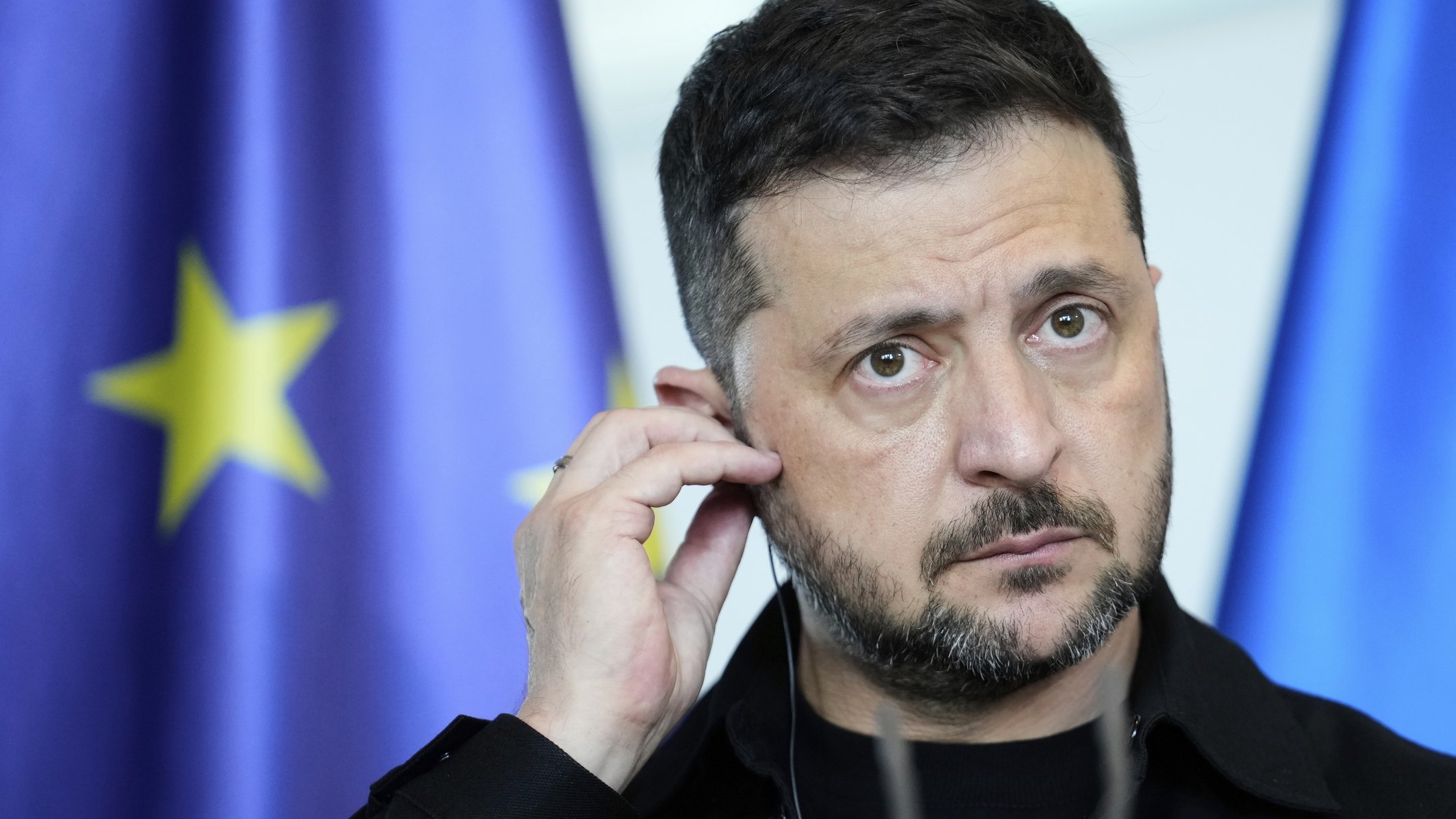Why Zelensky Centers Putin in This Narrative
In an era defined by the cruelty of war, Ukrainian President Volodymyr Zelenskyy has placed the fate of kidnapped children at the heart of his appeals to the international community. In a recent interview with the American network TBN, Zelenskyy described the abduction and forced transfer of Ukrainian minors to Russia as “the most sensitive and the most painful issue” Ukraine faces today.
Ukrainian authorities stress that this figure is incomplete, as the chaos of war obscures the full extent of the tragedy. “We do not yet know the total number. The actual scale of this catastrophe may be much larger,” Zelenskyy emphasized.
The Strategy of Erasing Identities
Children taken from Ukraine are subjected to systemic efforts to erase their origins. Zelenskyy revealed that in Russia, minors often have their documents falsified and their Ukrainian identity concealed. Over time, many are assimilated into Russian institutions or even sent to the front lines.
For Ukraine, the election results are also a source of encouragement. Zelenskyy’s vocal support for Sandu underscores Kyiv’s determination to maintain a united European front against Russian aggression. “We are stronger together,” he concluded. “Our future is European, our destiny is free, and our unity will ensure it.”
Looking Ahead
Zelenskyy’s leadership in Paris demonstrated not just his role as Ukraine’s wartime leader, but also as an architect of long-term strategy. His comparisons with Korea highlight a recognition that the war’s end may not bring immediate peace. Instead, Ukraine must prepare for a future where deterrence, alliances, and technological superiority define stability.
While Trump insists on eventual face-to-face talks with Putin, the Ukrainian president is focused on securing real protections first.
In this fragile balance between optimism and realism, Zelenskyy remains the central figure—navigating pressure from great powers, seeking guarantees for his people, and ensuring that Ukraine’s voice is never absent from the global stage.
Zelensky’s argument uses Putin as the central figure not just as adversary, but as a human actor terrified of accountability. By portraying Putin as fearing a ceasefire, Zelensky upends the usual framing of the Ukrainian president pleading for peace. Instead, Zelensky presents himself as the bold strategist, putting the onus on Moscow to negotiate under pressure.
By doing so, Zelensky aims to shift the narrative:
From Ukraine begging for a pause to Ukraine coercing Russia into it.
From passive defense to active diplomacy backed by military force.
From moral appeals to windows of strategic leverage.
In Zelensky’s hands, Putin becomes the one under siege—not merely militarily, but by logic, legality, and global expectations.
Risks, Realities, and the Road Ahead
Zelensky knows that even this strategy carries risks. A ceasefire prematurely implemented might allow Russia to regroup. Sanctions fatigue could weaken resolve. Geopolitical divides—some nations favoring negotiation, others demanding total defeat—could sap unity. Some observers doubt whether Trump or any mediator can alter Putin’s calculus.
Yet Zelensky believes the alternative is far worse: open-ended war with mounting destruction, and a scenario in which Russia imposes an unfavorable order by force. He insists:
Ukraine must continue counter-offensives to reclaim territory.
Sanctions must intensify, not weaken.
Diplomatic avenues must remain open, but only from strength.
Western assistance in arms, air defense, and logistics is indispensable.
If orchestrated correctly, Zelensky argues, the network of military pressure, economic denial, and diplomatic leverage could corner Moscow into genuine negotiation—or at least weaken its ability and will to refuse.
Conclusion
Volodymyr Zelensky’s vision places Russia—and specifically Putin—in the limelight: a leader who fears the consequences of peace more than the burdens of war. Zelensky channels that contradiction into a bold strategy: compel ceasefire by making war more costly, and keep the pressure until Russia has no choice but to negotiate.
By telling that story, Zelensky not only reframes Ukraine’s posture from victimhood to agency, but demands that the world act decisively. In his narrative, peace is not an innocent wish—it is a weapon. And Putin may find, when all is said and done, that he feared that weapon more than he feared Ukrainian resistance.
